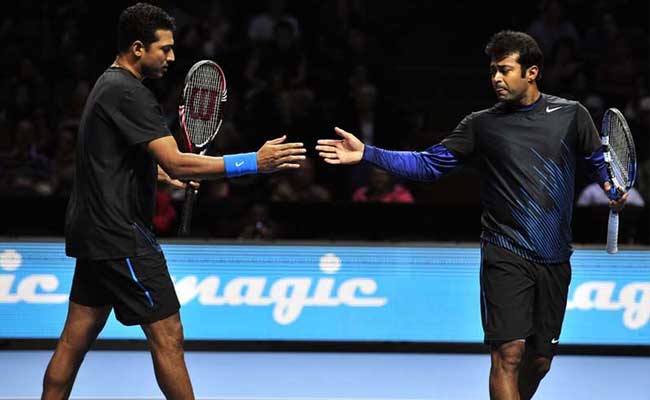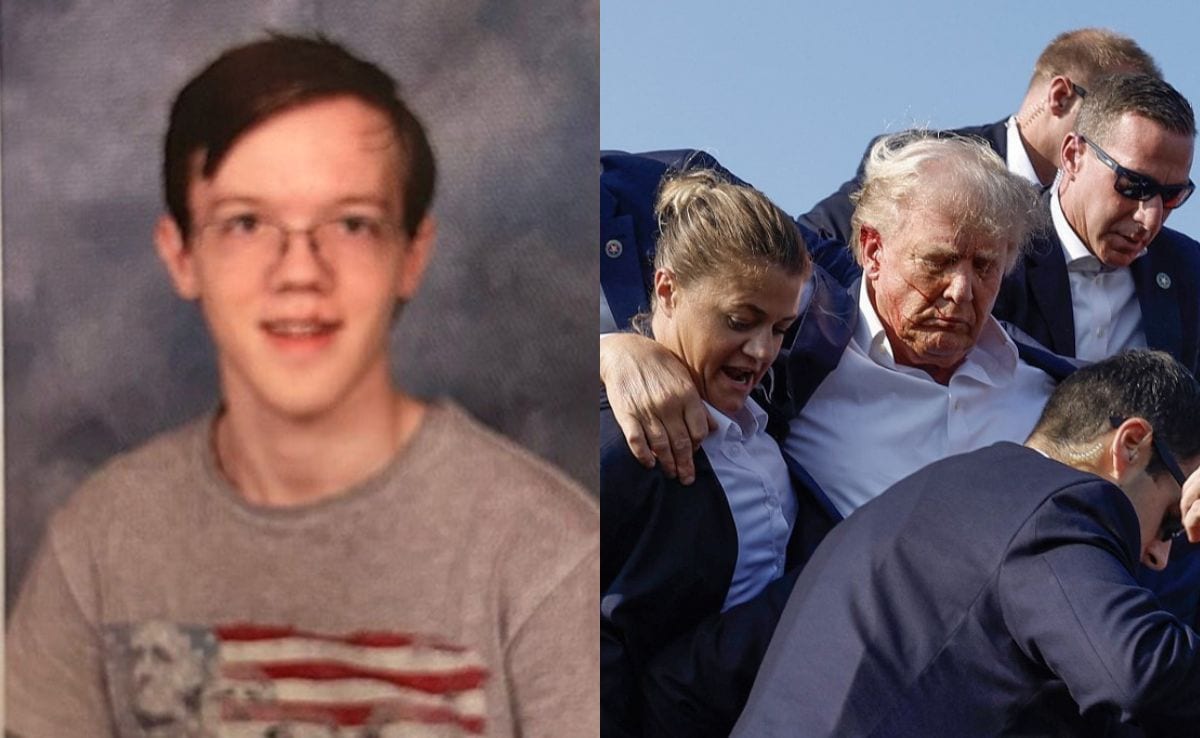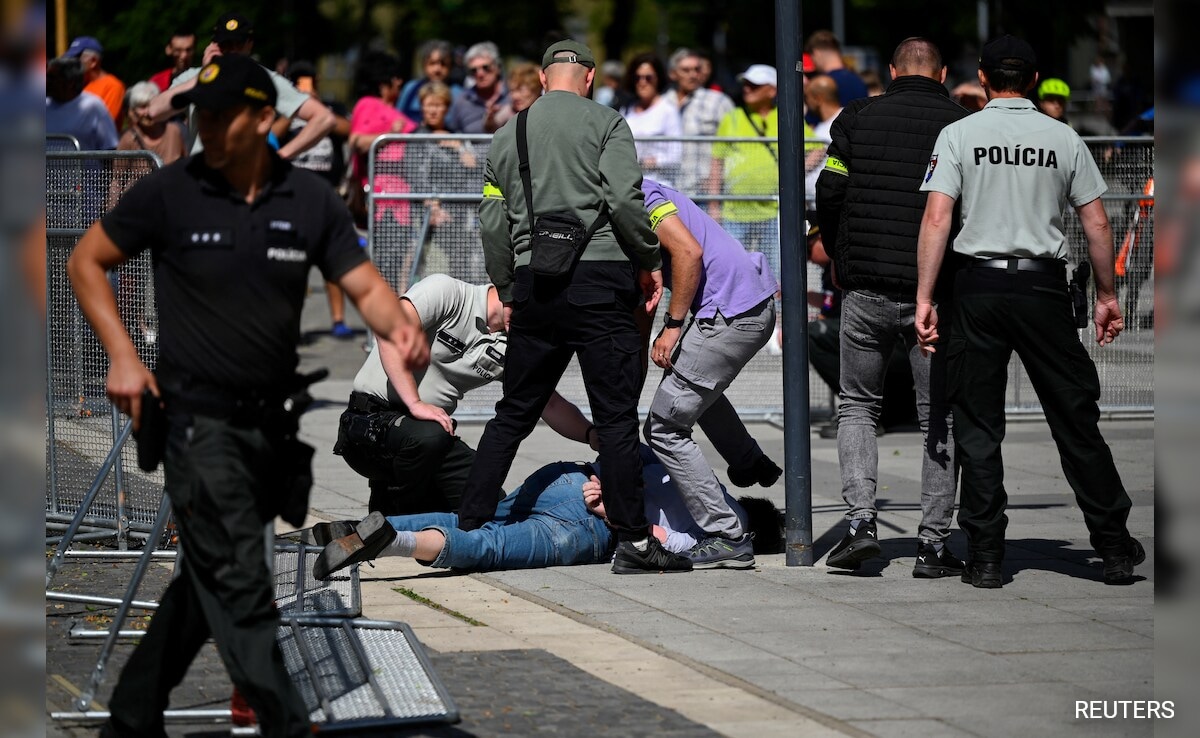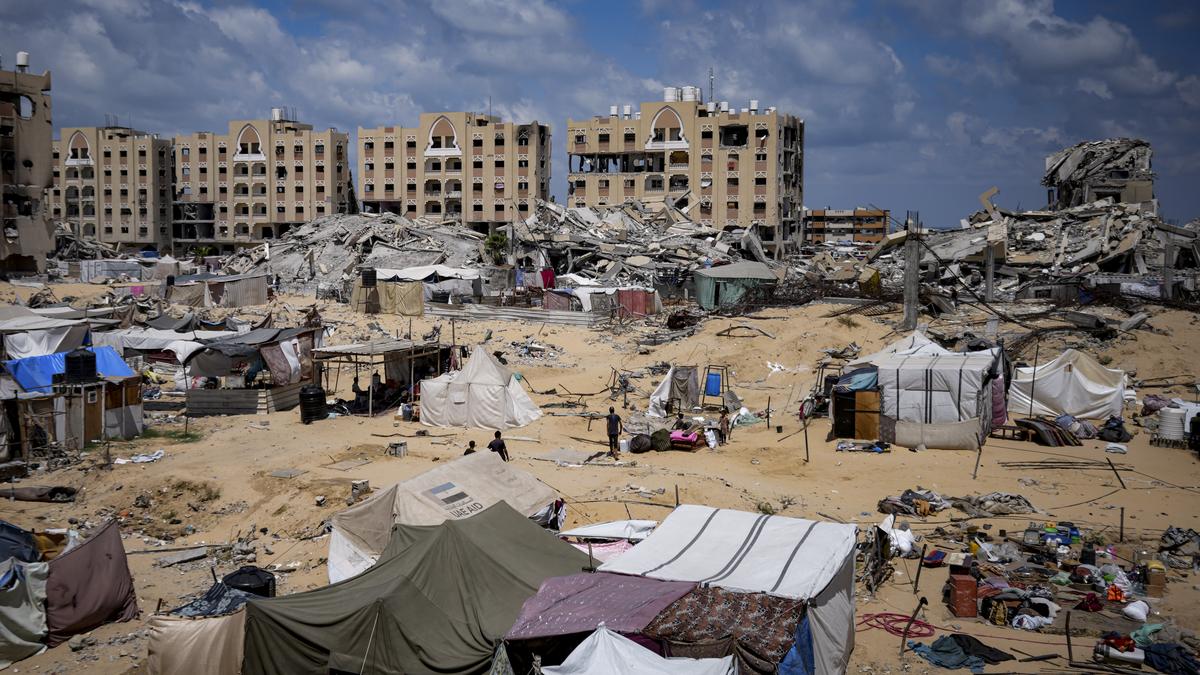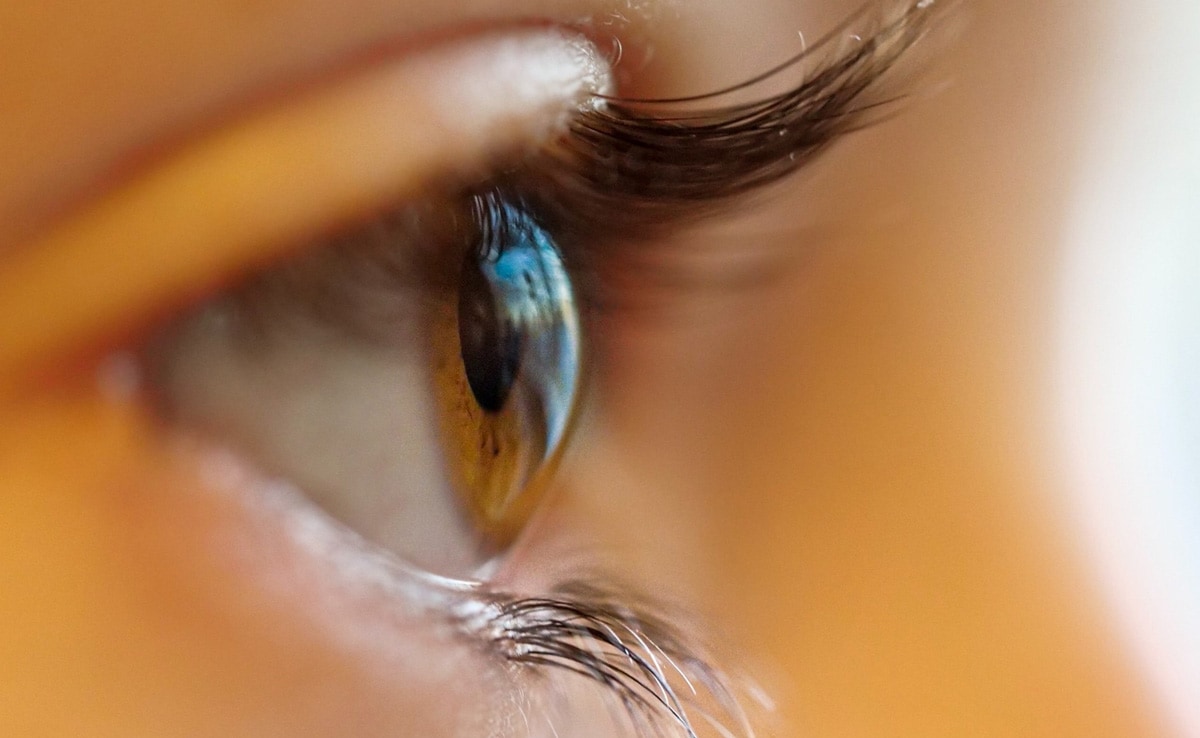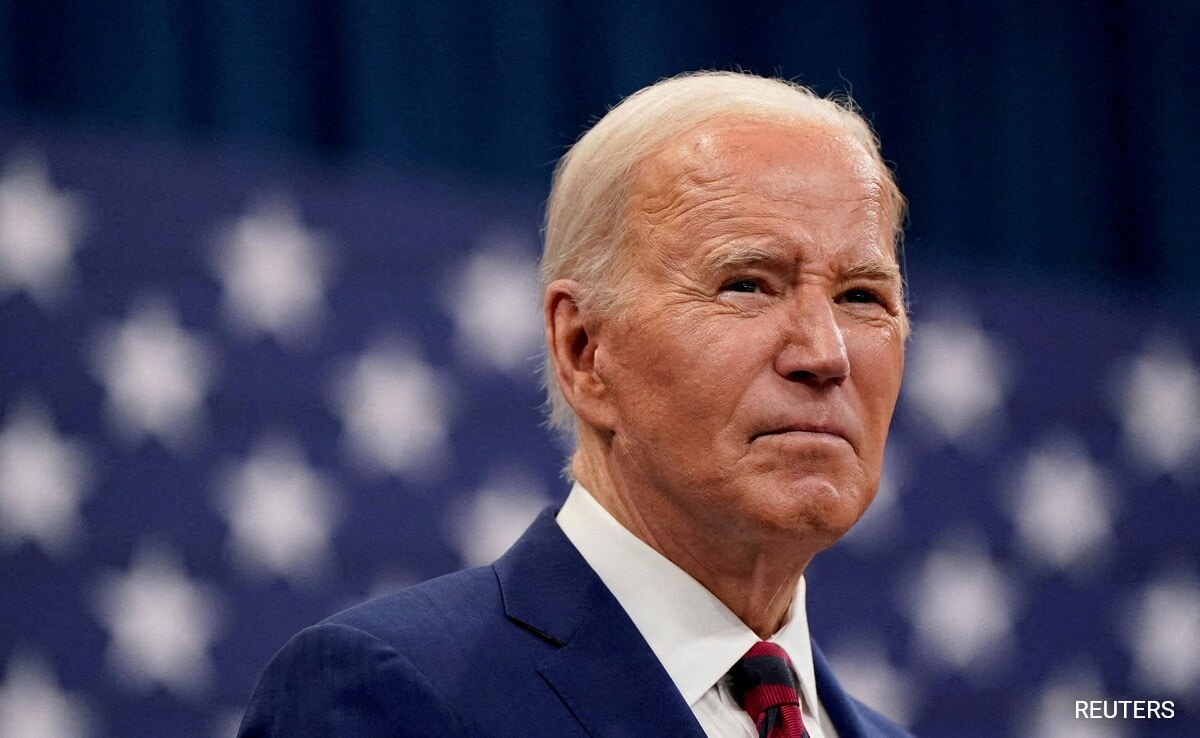FILE – Imprisoned Imran Khan’s PTI party to grow in number after reserved seats allotted to them by Supreme Court.
| Photo Credit: AP
Pakistan’s election commission will implement the Supreme Court’s order on allotting reserved seats to jailed former prime minister Imran Khan’s party, a media report said on Saturday, a decision which will allow the Pakistan Tehreek-e-Insaf to become the largest party in Parliament.
Last week, a 13-member full bench of the Supreme Court, in a key 8-5 judgment, ruled that 71-year-old Khan’s Pakistan Tehreek-e-Insaf (PTI) party was eligible for the seats reserved for women and minorities in the National Assembly and provincial assemblies.

The PTI will become the largest party in the National Assembly as its seats will soar from 86 to 109 after it gains 23 seats reserved for women and minorities.
In a statement released on Friday, the Election Commission of Pakistan (ECP) said the decision to implement the apex court’s order was taken after the electoral body held two meetings on Thursday and Friday to deliberate on the reserved seats case verdict, Geo News reported.

Directives were issued to the electoral watchdog’s legal team to immediately “identify” any obstacle in the verdict’s implementation so that the apex court could be approached for guidance, the statement said.
“Moreover, the commission strongly condemned and rejected the undue criticism of the chief election commissioner (CEC) and honourable members by a political party,” it said, in a veiled remark against the PTI.
“Demanding the resignation [of CEC and members] is ridiculous,” the statement added.
The PTI, including its chief, Khan, have frequently reiterated its demand for the resignation of CEC Sikandar Sultan Raja and other ECP members.
After the July 12 verdict of the Supreme Court that ruled that the party was eligible for the seats reserved for women and minorities, the PTI raised its demand again.
“The commission will not succumb to any kind of pressure and will continue to work according to the constitution and law,” the ECP statement said.
Candidates backed by the PTI, who had contested and won the February 8 elections as independents after their party was stripped of its election symbol, had joined the Sunni Ittehad Council (SIC), a political alliance of Islamic political and Barelvi religious parties in Pakistan, to form a coalition of convenience.
The dispute about the reserved seats was related to the rejection of a SIC plea by the ECP to award its share in the 70 reserved seats in the National Assembly and another 156 in the four provincial assemblies.
The ECP rejected the SIC plea on the pretext that it had not contested the elections as a party. It said the party only got strength when the PTI-backed independently elected candidates joined its ranks after winning the elections. Its appeal against the ECP decision in the Peshawar High Court was also turned down in March, forcing the party to file a challenge in the Supreme Court.

